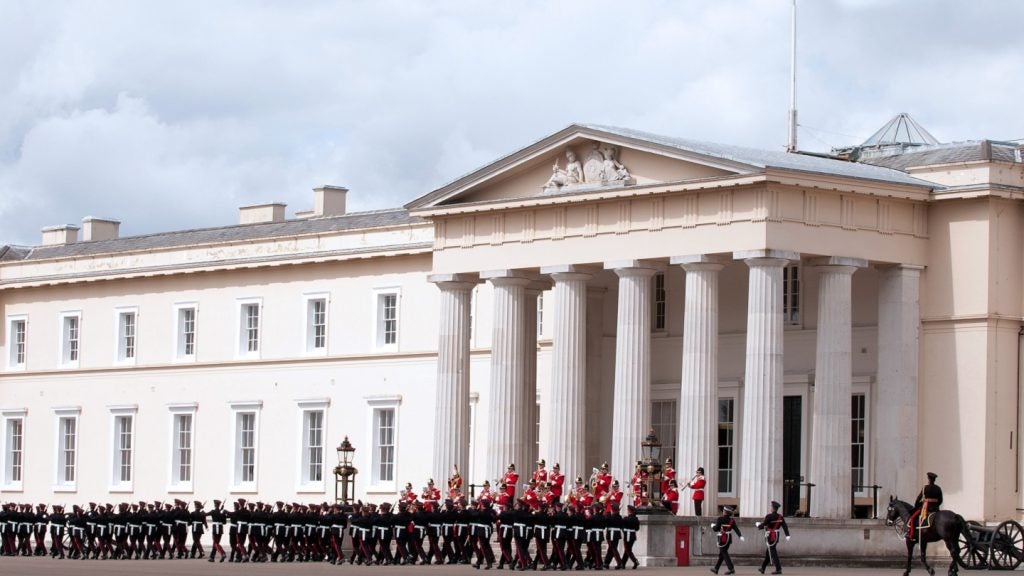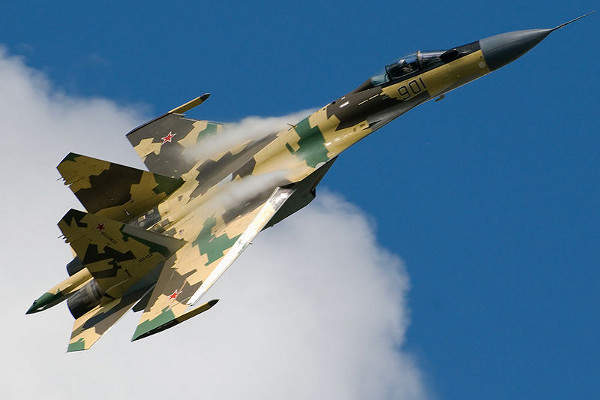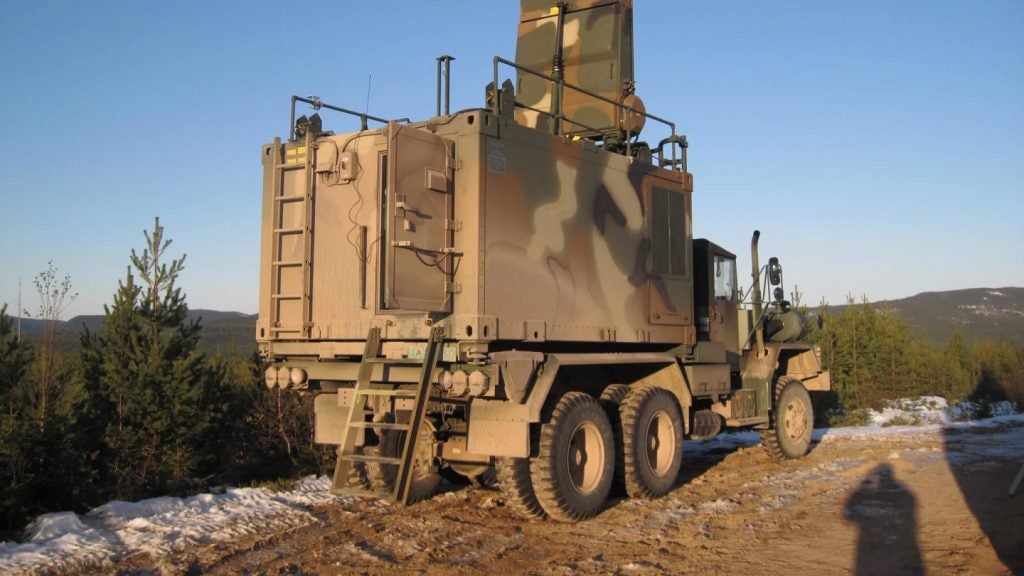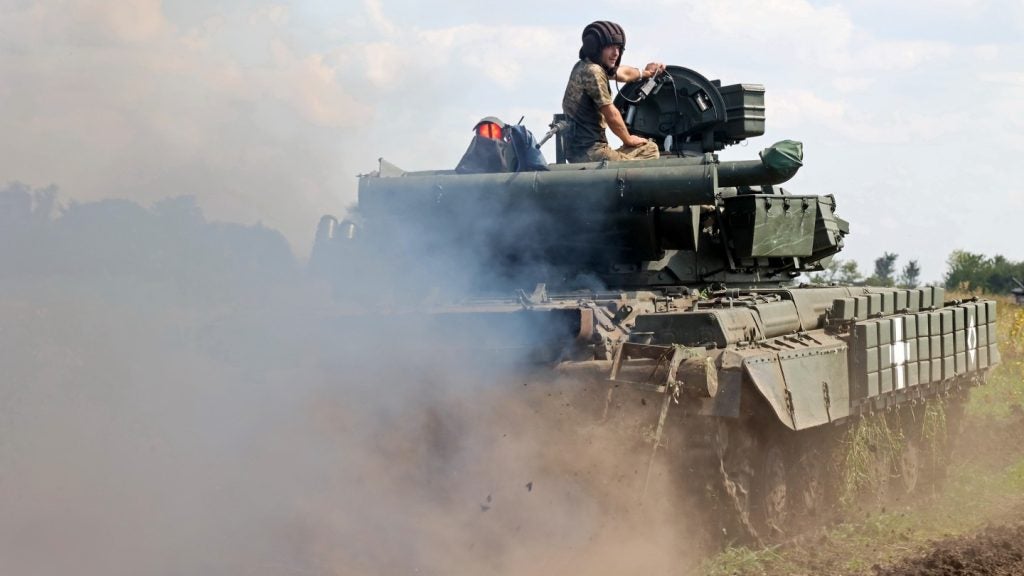The depth of defence ties between the UK and the Gulf states have been highlighted in figures published by the UK Ministry of Defence (MoD), which showed cadets from the Gulf comprised more than one-third of overseas students at the British Army Royal Military Academy Sandhurst (RMAS).
Information published in written parliamentary responses on 24 November showed that of 1,347 foreign cadets enrolled into RMAS from 2010-2023, a total of 505, or around 37%, were from the GCC states of Bahrain, Kuwait, Oman, Qatar, Saudi Arabia, and the UAE.
The UAE recorded the highest number of its military officers enrolled, with 139 personnel, followed by Qatar (120), and Bahrain (115). The Sultanate of Oman, which particularly close ties with the UK, saw 93 personnel pass through RMAS from 2010-2023, followed at a distance by Kuwait (25) and Saudi Arabia (13).
No personnel from Saudi Arabia have enrolled at RMS Sandhurst since the 2018 class, a full five-year hiatus.
Other countries in the Middle East that sent personnel to Sandhurst included Iraq (53) and Jordan (55). RMA Sandhurst has also seen nine personnel from ‘Palestine’ pass through, with the last batch (two) enrolled in 2022, according to UK figures.
Including cadets from Jordan and Iraq, and Middle East countries contribute 45% of the total number of overseas personnel who have gone through RMAS in the past 13 years.
Middle East cadets at RMAS from 2010-2023
| Country | Number of cadets |
| Bahrain | 115 |
| Kuwait | 25 |
| Oman | 93 |
| Qatar | 120 |
| Saudi Arabia | 13 |
| UAE | 139 |
| Iraq | 53 |
| Jordan | 55 |
By contrast, 55 US military personnel took courses at RMAS during the reporting period, with 16 from Germany. From 2010-2017, 13 personnel from China also passed through Sandhurst, with none in the years since as relations between East and West cooled.
Afghanistan was also a beneficiary, with 63 personnel enrolling between 2010-2022 as the UK sought to maintain its support of the Afghan Government. In 2021, the Taliban retook power of the country after a 20-year insurgency.
The last intake of cadets from Afghanistan arrived at RMAS in September 2021, the same month that the Afghan capital of Kabul fell to the Taliban. All of the Afghan cadets who were in training when Kabul fell to the Taliban in August 2021 remained in the UK, housed and under the responsibility of local authorities.
In response to Army Technology, a British Army spokesperson said: “Sandhurst has a long and proud tradition of training overseas military and civilian personnel. We welcome the overseas personnel who attend Sandhurst, bringing with them unique skills and experiences.”
Officer training at Sandhurst sees cadets exposed to UK doctrine and training in areas such as international humanitarian law and other conventions, as well as gaining understanding on conceps of accountability, human rights, and transparency.
Such courses serve to boost bilateral relations between the UK and its partners, potentially sees former cadets going on to occupy influential positions within their own militaries.
UK military presence in the Gulf
The UK maintains a considerable military presence at a number of Gulf countries, with forces in the UAE, Oman, Bahrain, and Qatar. The tiny Gulf state of Bahrain hosts the UK’s Naval Support Activity at Mina Salman, which is the home base of the Royal Navy’s operations in the region and can accommodate several hundred personnel, with a number of minesweepers, logistics vessels, and a general-purpose frigate forward deployed at the site.
Qatar meanwhile houses a range of international air forces at Al Udeid Air Base, with the UK’s No. 83 Expeditionary Air Group based at the site. The Group manages RAF operations across the Middle East, overseeing UK military assets deployed at RAFO Musannah in Oman, RAF Akrotiri in the eastern Mediterranean, and Al Minhad Air Base in the UAE.
The UK also operates a Land Regional Hub at Duqm in Oman, which services as the base of operations for the British Army’s four-month-long exercises that take place in the Sultanate. Dubbed the UK Joint Logistics Support Base, the site is located within the boundaries of Al Duqm Port and Duqm Drydock, and can also accommodate UK naval assets deployed to the region.












